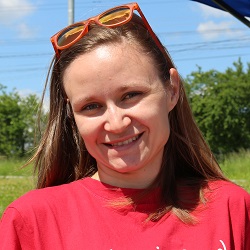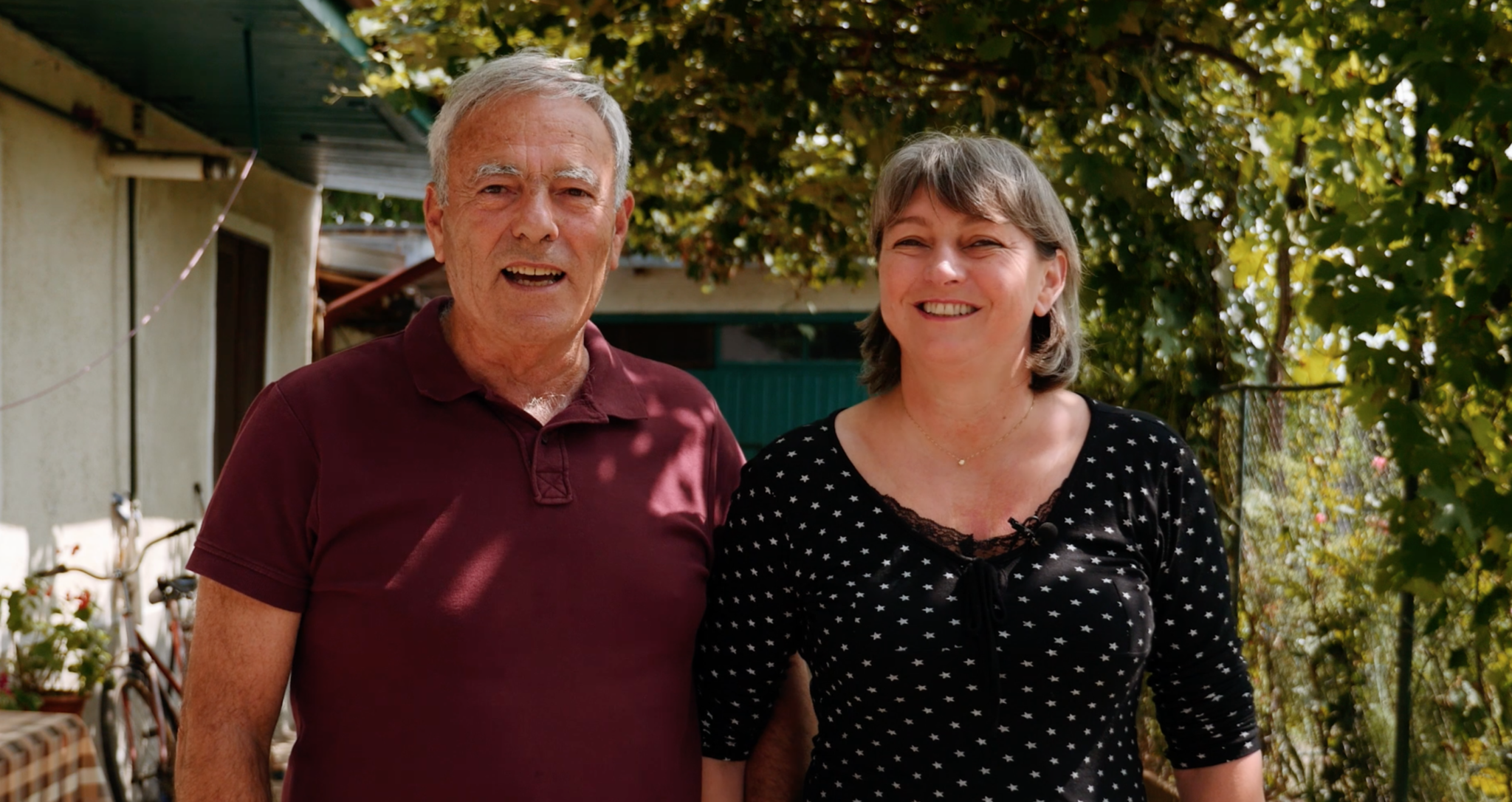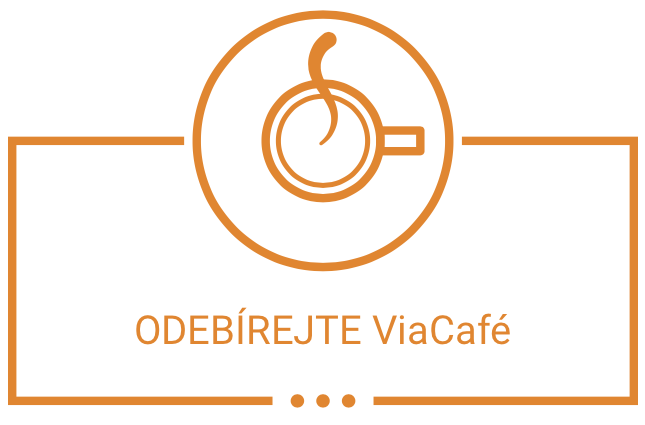Emilia Ciurchea is Alumni of the international program ViabilityNet 3.0. Few year ago she moved back to Romania and got involved in local Tara Fagarasului Community Foundation. Here is inspirational interview with her.

On a scale from 1 to 10, it might be somewhere around an 8 or 9. I brought back almost all of the things that I learned in the program and have already used them in my work in one way or another. I wasn’t expecting that, but all of the information was important and useful for my team, the community projects or even for me personally.
The community project that you undertook through ViabilityNet 3.0 focused on engaging the Romanian diaspora in local activities and in support of the local community. Could you briefly summarise the project?
We have a lot of diaspora in this region. With the fall of communism, much of the industry, the factories and manufacturing, fell apart. Many Romanians living in this area then had to leave and go to other countries. This project was an answer to a community need to have the diaspora engaged.
During the project, we realised that one of the ways to engage the diaspora in a practical way was to have them organise a Bikeathon (i.e. one of our civic involvement mechanisms where people cycle for a certain cause in the area), not here in Romania, but in their current country of residence. One took place last year in Ingolstadt, Germany. In response, we’ve just finished a Bikeathon organising kit for people living in other countries.
Was it difficult to get in touch with members of the diaspora?
It was and it still is. We started by making a short movie about three families in the diaspora who explain how they are involved or not involved in the community and if they want to be involved. Getting them to be part of the movie was one of the hardest things.
Then we held consultations with members of the diaspora over the summer during their visits to their families in Romania. After ViabilityNet, we realised that it would be best to just invite them for a cup of coffee – so we had two days that were dedicated just to that. It was really cool because it was another starting point in developing connections. We sent the Bikeathon kit to these contacts and some of them are already planning to do it. Then in March we launched an online platform called “Fagaras Country is HOME”.

Why do you think it was so difficult to engage with the diaspora?
I think the explanation for that is the fact that as they say, a lot of them don’t trust public authorities. In their mind, NGOs represent an authority in some way. Most of them say it’s hard for them to see NGOs as completely financially transparent. Once they realize that we are trustworthy, it’s easier to get them involved.
Another issue is also just finding the right timeline for our activities and the right concept.
What impact did your project have on the local community? Did you notice any changes after completing the project?
One of the changes is the online platform “Fagaras Country is HOME”, where people from the diaspora can send their stories, sign up as volunteers for existing projects or develop their own projects, donate or watch our movie. It’s a work in progress because we’re still designing the right mechanisms of engagement. But the platform has already appeared in the press and we took part in some shows in the local media, which helped raise awareness.
The community cafe was another huge change, with people seeing the movie, hearing us talk about it and writing on Facebook or other social media about the project. They realised that something is really happening and it’s targeting them. This is the biggest change – relationships, developing connections and building trust. And not just in us but maybe also in public authorities.
What is going to happen next in the project?
We just finished a study in partnership with the Research Institute in Fagaras. This summer, a few researchers from the institute developed online questionnaires to look at trends in the diaspora and migration. The whole idea behind this study was to understand the diaspora and what they want to donate to and be involved in and find the right mechanisms of engagement. We’re going to organise a public event to share the results of the study and we’d like to invite some public authorities, representatives of the diaspora, NGOs and people in the community. We want to connect and do something together, show that it’s not just about raising money. Because most of the people in the diaspora don’t want to just donate – they want to be involved and see that their feedback is important. This is another huge change and I can’t wait to see what will happen next.



